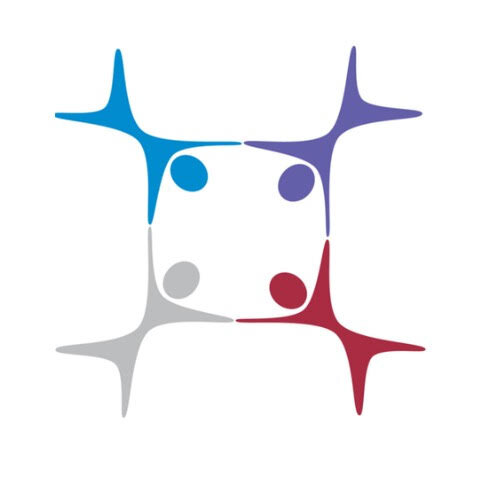T32 Fellowship Opportunity: Translational Post-Doctoral Training Program in Neurodevelopment at Boston Children’s/HMS
Postdoctoral research fellowships
Two year fellowships funded by the National Institute of Mental Health (NIMH) are available for MD, PhD, MD/PhD applicants from the fields of psychiatry, psychology, pediatrics, neurology, genetics, neuroscience, developmental biology, computer science and related fields who seek to improve or expand their ability to conduct interdisciplinary-translational research in neurodevelopmental disorders.
Trainees accepted into the postdoctoral training program will work collaboratively with two program mentors (one preclinical and one clincal), who will help to define, enhance and monitor the trainee’s research program and career trajectory. The training program also offers various didactic courses and activities (e.g., workshops on research methods and grant writing, journal club and career lunches) to promote professional development.
This program has an outstanding success rate for training postdoctoral fellows who go on to become highly productive independent researchers. Creative, energetic and dedicated candidates are particularly encouraged to apply, as are candidates from backgrounds typically underrepresented in higher education.
The application deadline is April 15th, with the expectation that trainees will be selected by May 2nd and will start July 1st, 2022. Applicants must be U.S. citizens or permanent residents with an MD and/or PhD (must be completed at the time training begins). Commitment to the goals of the program and strong academic and research credentials are important criteria used in the selection process. For additional information on the T32 training program and application procedures, please contact the Program Administrator, Gregory Geisel at T32translationaldevelopment@childrens.harvard.edu.
This two-year training program provides trainees with the essential guidance, training, and mentoring critical to launching a career in academic research. The training program starts by recruiting the most talented trainees from MD/PhD, MD, and PhD programs who are interested in pursuing a career in translational neuroscience research and academia. Trainees accepted into the T32 program are assigned two mentors, one preclinical and the other clinical, based on their area(s) of interest, background, and aligned with faculty expertise. Close interaction between T32 mentors and trainees are supplemented by a structured training program that provides a common knowledge base with respect to translational neuroscience research. Supplemental work will focus on Translational Neuroscience Seminar Series and Proseminars complemented by trainee specific coursework. Administratively, the program consists of three co-directors (Drs. Nelson, Glahn & Sahin) and a group of 14 highly skilled and successful training faculty from diverse array of disciplines. Applicants should be nominated by their post-doctoral research mentor or their current training program director. The nominator should submit one PDF via email to T32translationaldevelopment@childrens.harvard.edu with the following documents: (1) trainee’s CV, (2) list of trainee’s other support (need to be at least 80% available for the T32), (3) trainee’s statement (max 2 pages) about research interest and specifically why they have selected this training grant, and (4) names and contact information of 2 potential letter writers. Project proposals should clearly state the interdisciplinary nature of the project. If selected for an interview, will require: (5) 2 letters of support (one from trainee’s mentor) and (6) mentor’s other support document.
Boston Children’s Hospital / Harvard Medical School is committed to affirmative action, equal opportunity and the diversity of its workforce. We are an equal opportunity employer, and all qualified applicants will receive consideration for employment without regard to race, color, religion, sex, national origin, disability status, protected veteran status, gender identity, sexual orientation, pregnancy and pregnancy-related conditions or any other characteristic protected by law.
